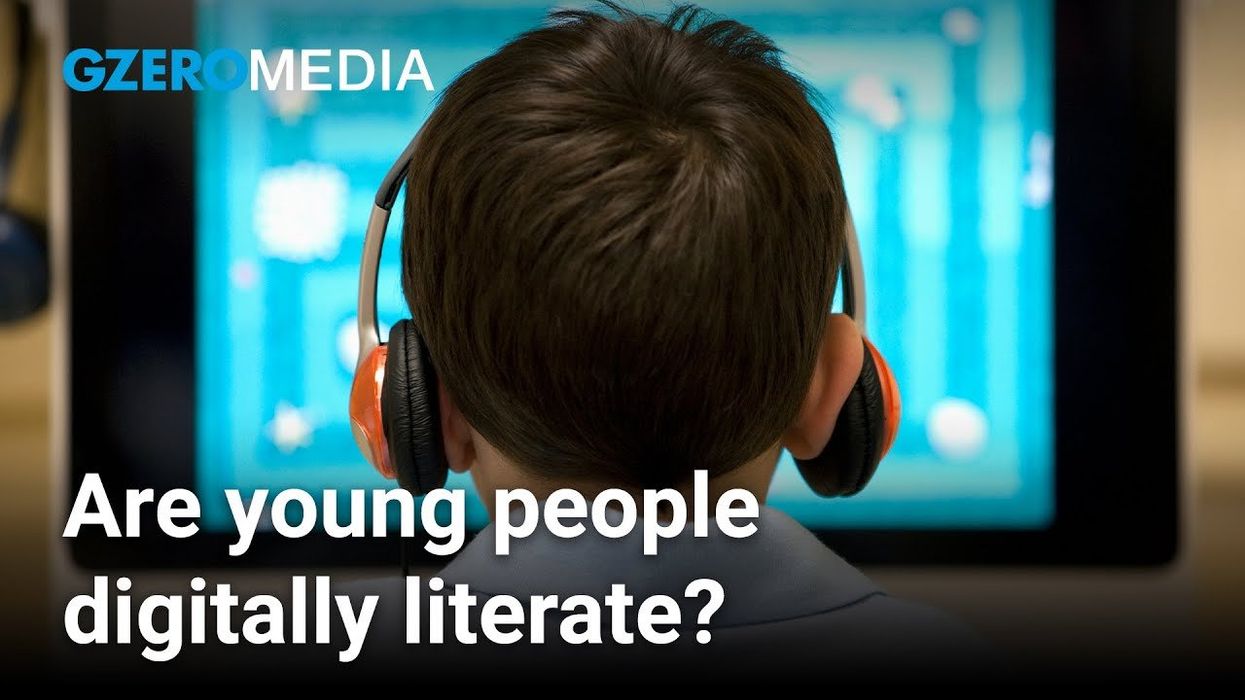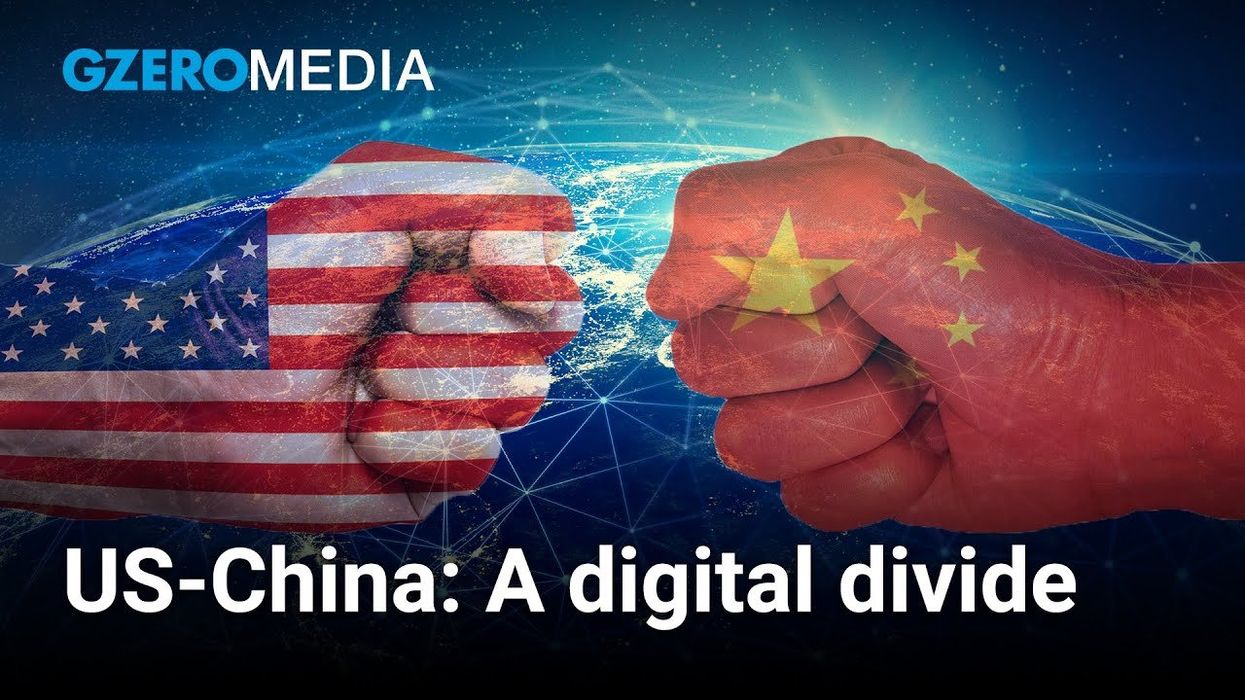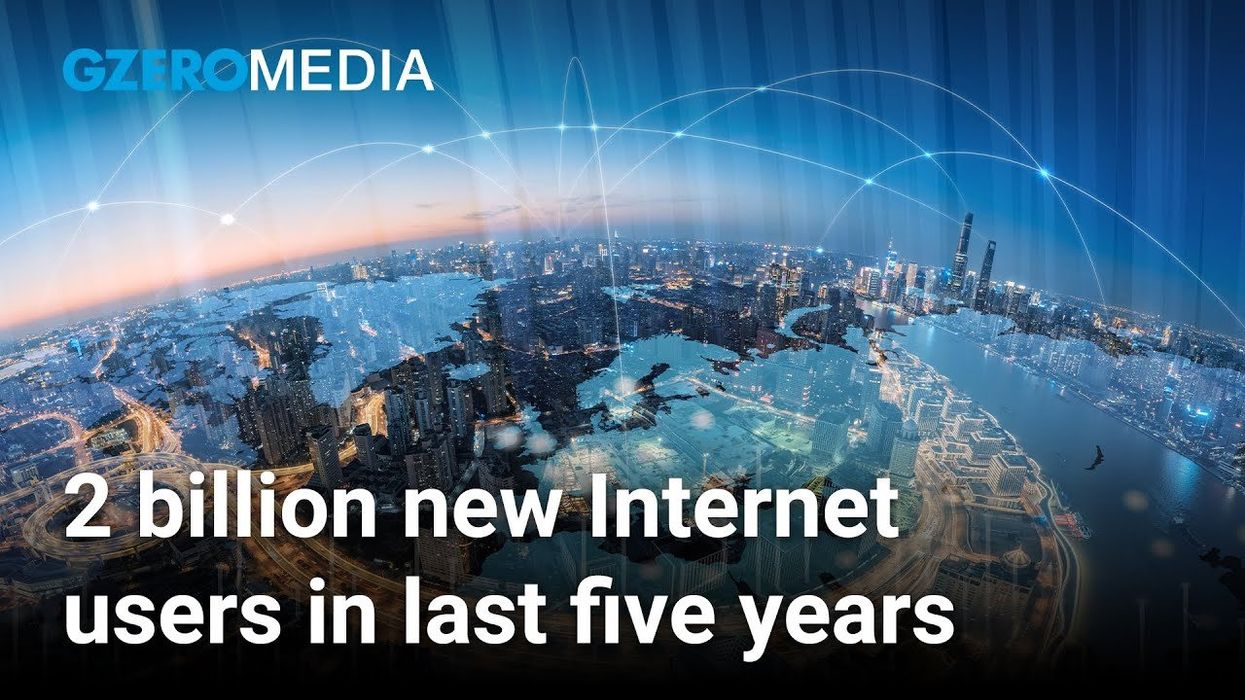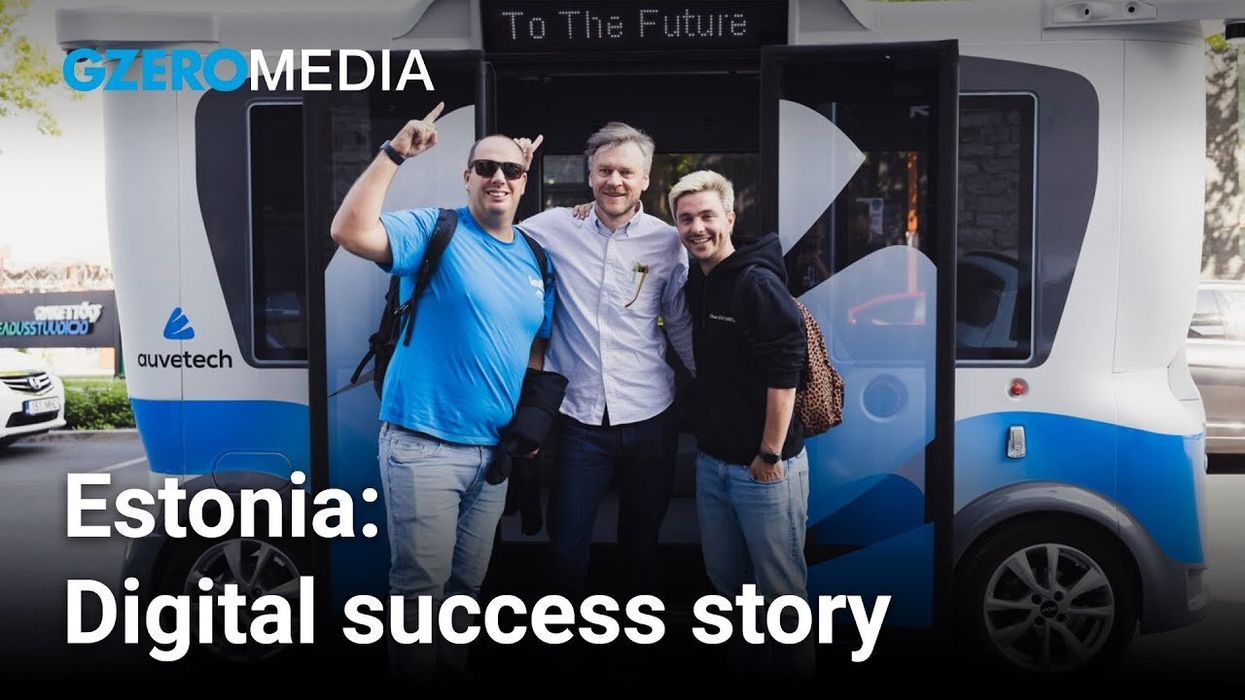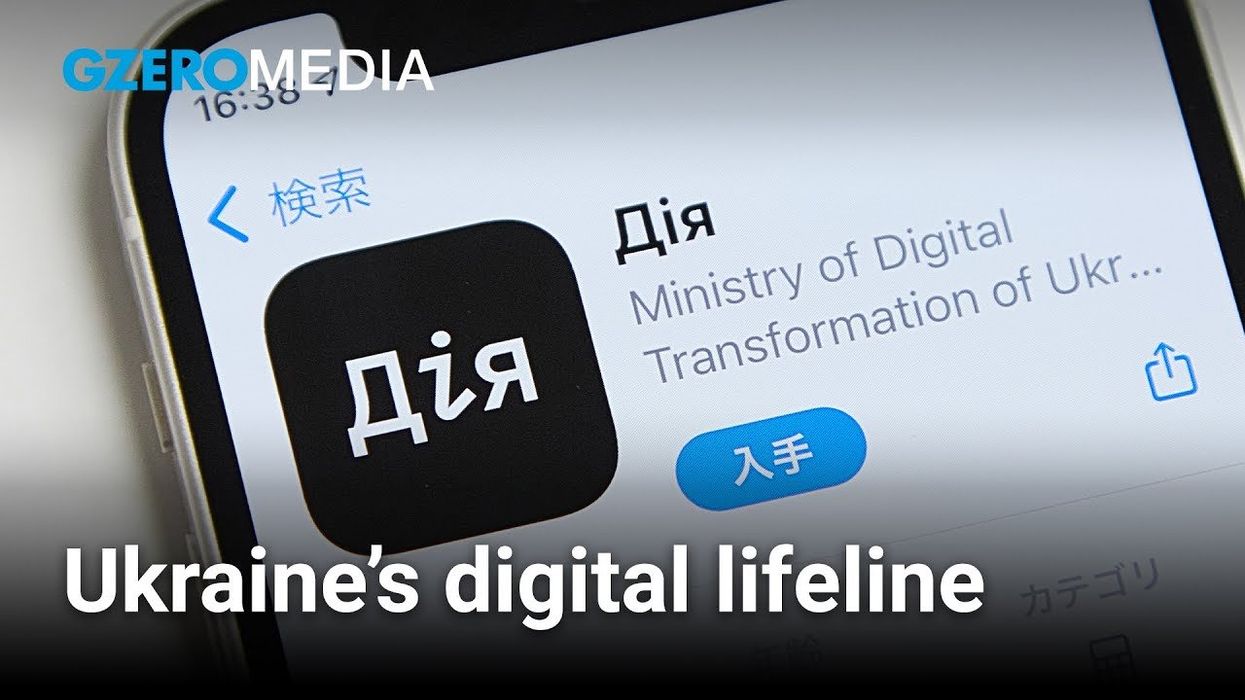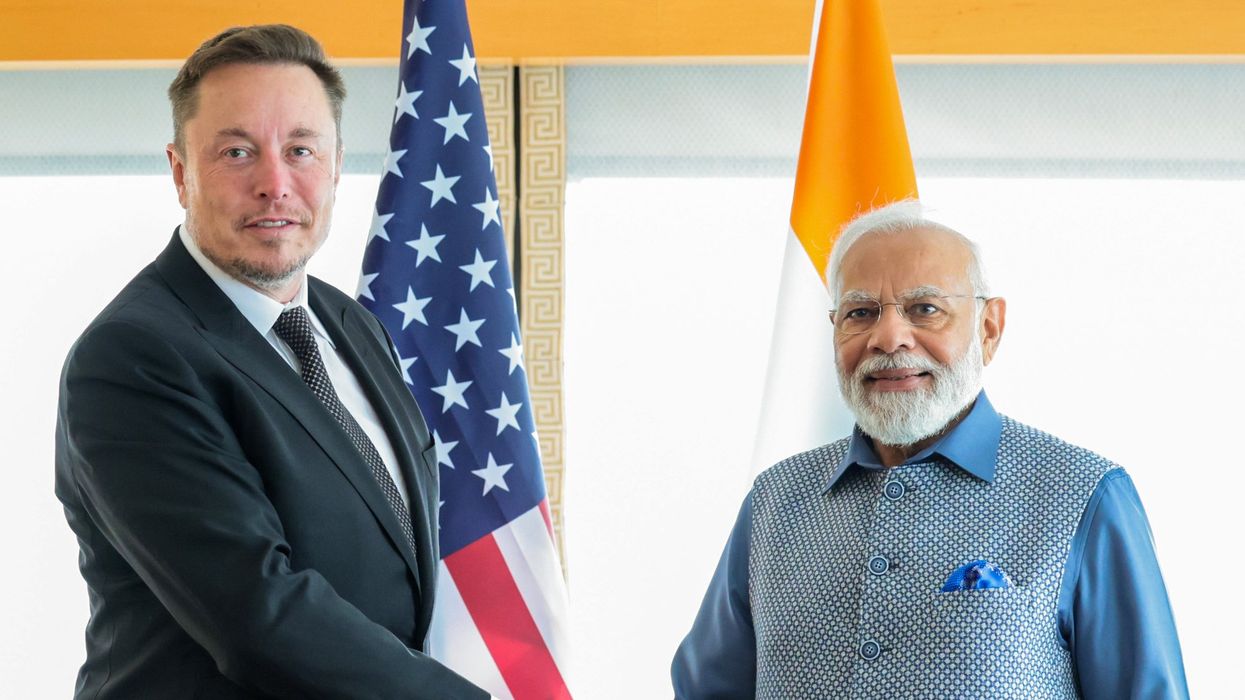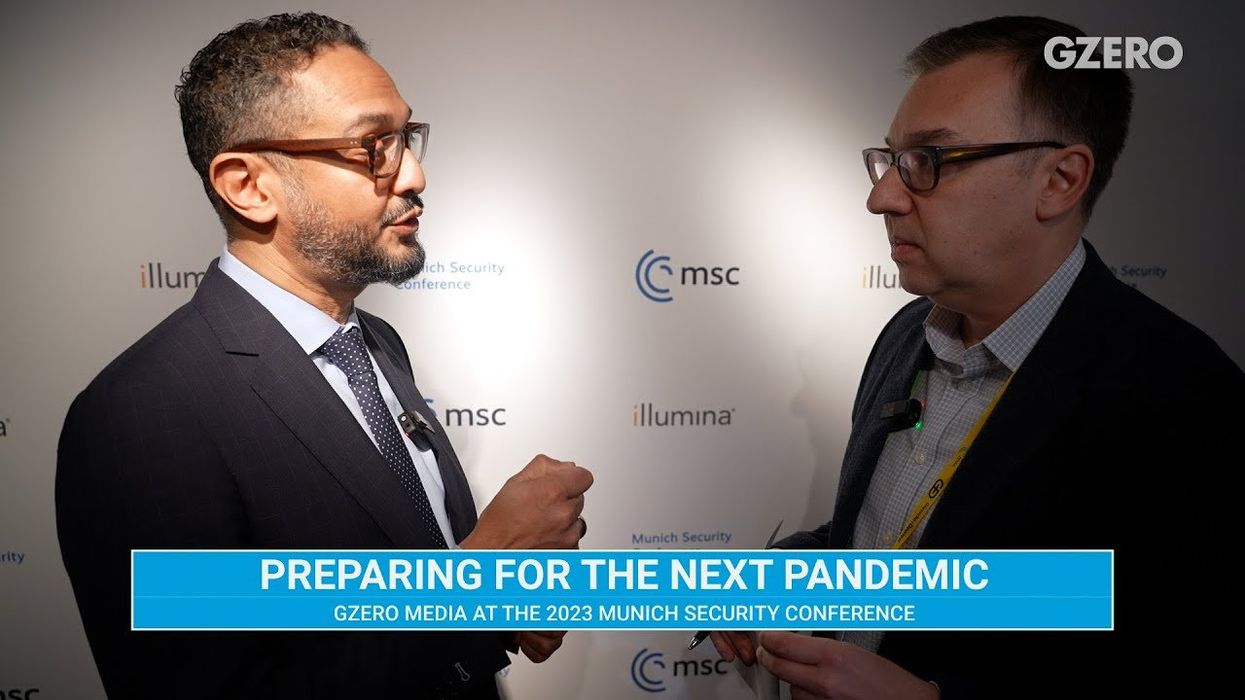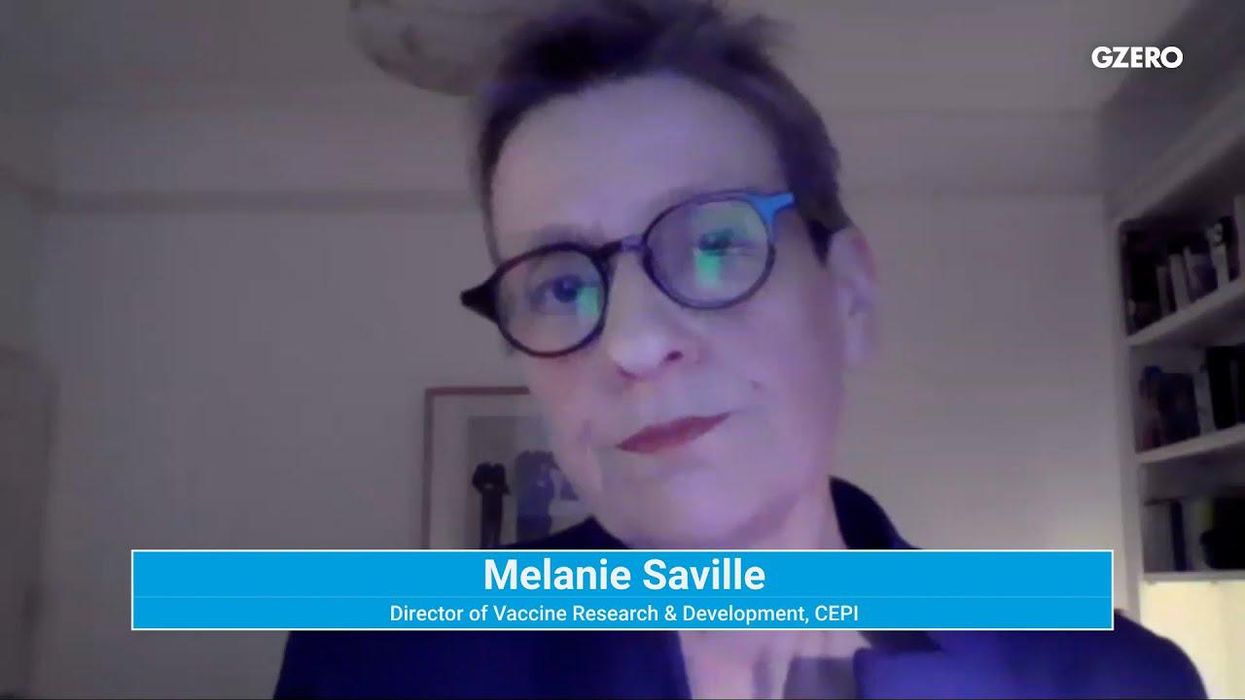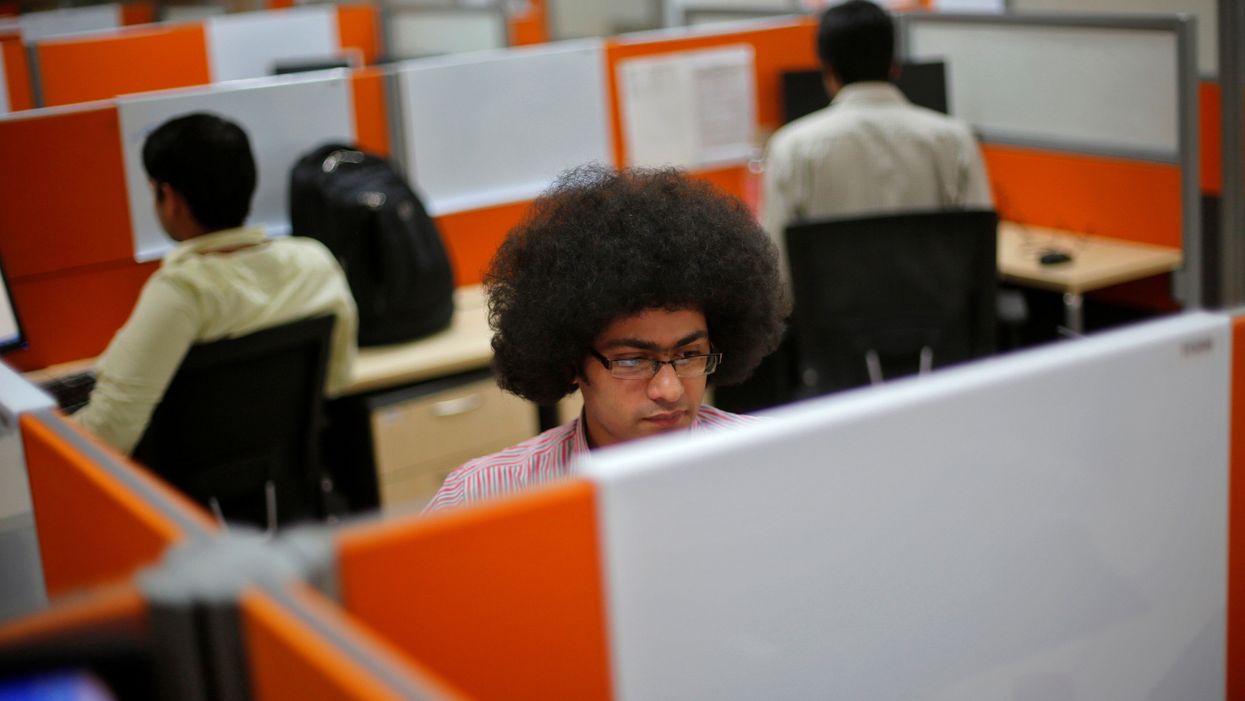VIDEOSGZERO World with Ian BremmerQuick TakePUPPET REGIMEIan ExplainsGZERO ReportsAsk IanGlobal Stage
Site Navigation
Search
Human content,
AI powered search.
Latest Stories
Sign up for GZERO Daily.
Get our latest updates and insights delivered to your inbox.
Global Stage: Live from Davos
WATCH
Science & Tech
The geopolitics of science and technology: GZERO's news coverage and analysis of how scientific and tech developments impact the world's economy and society.
Presented by
Contrary to the common notion that today's young people are inherently digital-savvy due to their exposure to technology, chief innovation officer of USAID, Mohamed Abdel-Kader says that simply knowing how to navigate social media or use a smartphone does not equate to digital literacy. In a recent GZERO livestream presented by Visa, Abdel-Kader expressed how young people are not innately able to understand the broader implications of their digital actions, including being aware of the consequences of their online posts, critically evaluating information discovered, and navigating a digital world of “fake news.”
Education is the key, says Abdel-Kader. Digital education is essential to prepare the youth for the ever-evolving digital age, to equip the next generation to be active but responsible participants in the growing digital world.
To hear more about the challenges and opportunities that nation-states face when it comes to digitization, and how it could shape a more inclusive and resilient future, watch the full livestream here:
What Ukraine's digital revolution teaches the world
Keep reading...Show less
More from Science & Tech
US-China tech tensions: the impact on the global digital landscape
October 02, 2023
Are pesticides the problem?
September 29, 2023
2 billion new internet users joined in 5 years but growth is uneven
September 26, 2023
Estonia's digital revolution: a global model of efficiency
September 24, 2023
Ukraine’s digital lifeline: Diia
September 10, 2023
Elon Musk's geopolitical clout grows as he meets Modi
June 21, 2023
Can surveillance prevent the next pandemic?
February 20, 2023
Why COVID-19 will widen the global digital gap
September 20, 2020
GZERO Series
GZERO Daily: our free newsletter about global politics
Keep up with what’s going on around the world - and why it matters.
